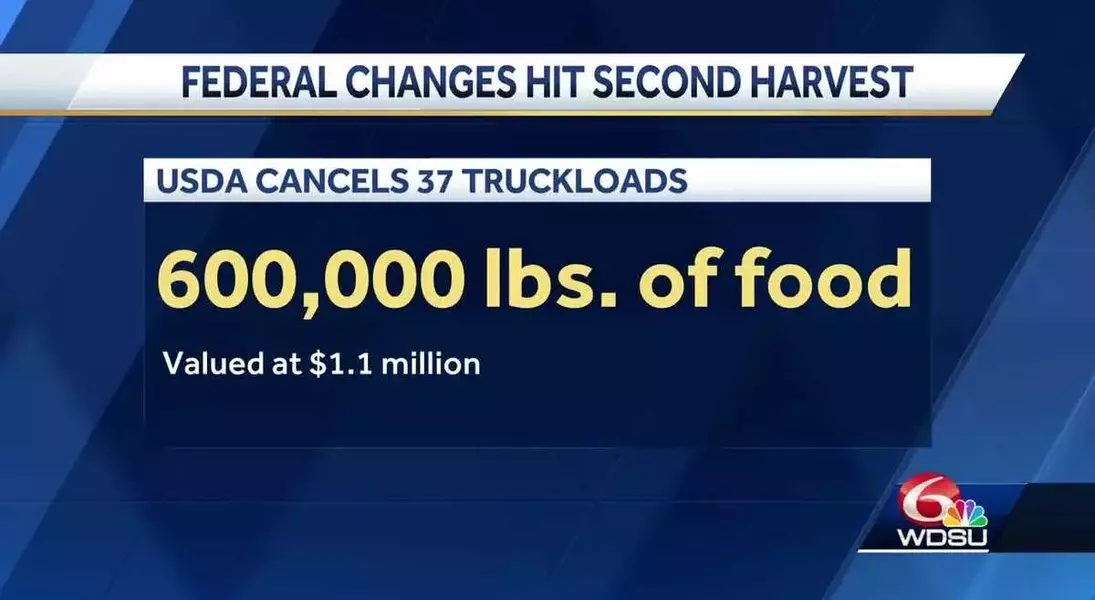
In a time of increasing food insecurity, Second Harvest Food Bank is grappling with significant challenges. The organization has announced the cancellation of 37 truckloads of food expected in 2025, equating to over 600,000 pounds worth more than $1.1 million. This shortfall comes as more families across Louisiana struggle to secure meals, according to Feeding America's reports. Compounding the issue are delays in federal bonus food deliveries and the discontinuation of a program enabling food banks to purchase fresh produce from local farmers. Despite these obstacles, Second Harvest remains steadfast in its mission to support communities.
A Closer Look at the Crisis Impacting Second Harvest Food Bank
In the heart of Louisiana, amidst rising food insecurity, Second Harvest Food Bank encounters an unprecedented crisis. Expected deliveries amounting to over 600,000 pounds of food have been canceled, creating a void that could significantly affect those in need. These cancellations coincide with a surge in demand due to economic pressures faced by numerous households. Lindsay Hendrix, the chief impact officer at Second Harvest, emphasized the unchanging commitment of the organization to provide essential sustenance despite systemic shifts. Delays in the U.S. Department of Agriculture’s Emergency Food Assistance Program (TEFAP) further exacerbate the situation, as do recent changes that limit access to locally sourced fresh foods. Second Harvest continues to serve 23 parishes within its network, undeterred by these challenges.
Community involvement is crucial during this critical period. Residents are encouraged to participate through donations, organizing food drives, or volunteering for meal preparation. Advocacy efforts to maintain governmental funding for food assistance programs are also vital. Second Harvest calls on the public to unite in supporting their mission, ensuring no neighbor goes without necessary nourishment.
This predicament emerges following notable leadership transitions within the organization earlier this year, underscoring the resilience and determination required to navigate such turbulent times.
The story of Second Harvest Food Bank serves as a poignant reminder of the importance of community solidarity during crises. It highlights how collective action can bridge gaps left by systemic failures. As we witness the dedication of organizations like Second Harvest, it inspires us to reflect on our roles in fostering resilience and compassion within our communities. Their unwavering commitment to aiding neighbors in need exemplifies the power of collaboration and underscores the necessity of sustained support for vulnerable populations.
